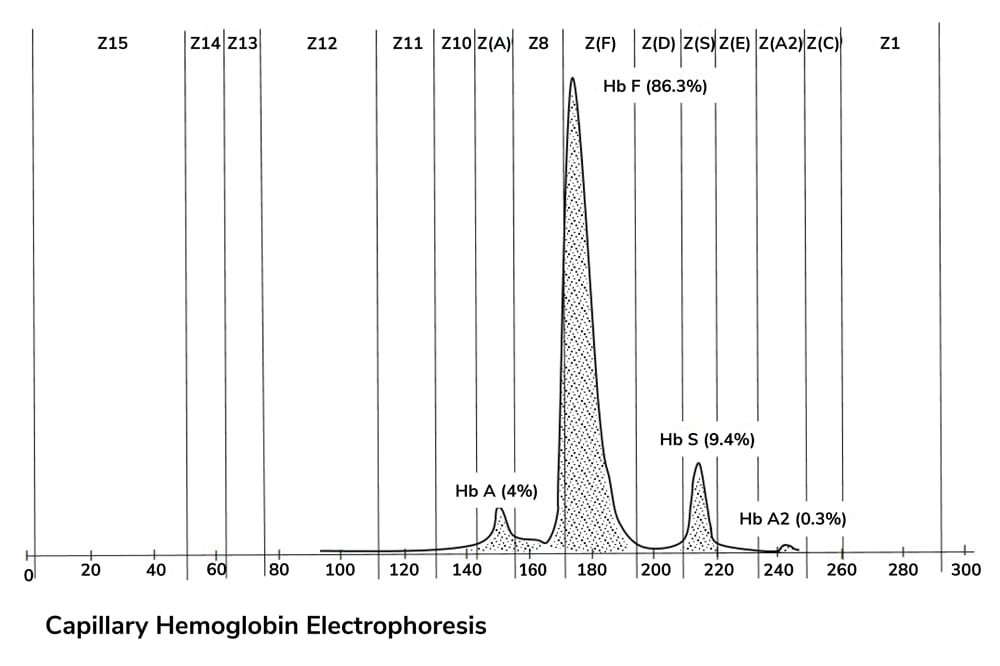For today’s precision oncology, both comprehensive genomic prof iling (CGP) and targeted panel testing are fast becoming widely available – and are delivering rapid results. But which test should be ordered when? We asked Vera Paulson, an anatomic pediatric and molecular pathologist at the University of Washington School of Medicine, to clear the mist on the distinctions between these two NGS techniques.

Could you briefly explain the differences between CGP and targeted panel testing?
CGP allows us to sequence hundreds of genes at the same time on a single test. We can evaluate mutational signatures as well as things like microsatellite instability. This can be useful for screening for conditions such as Lynch syndrome, for example, where the choice of immunotherapy depends on microsatellite instability or tumor mutational burden.
In contrast, targeted panel tests tend to be more limited in scope. They focus on a specific subset of genes – sometimes just a handful – that are involved in specific cancer types.
How should health professionals choose between CGP and targeted panels in the clinic?
For clinical trials, where enrollment is dependent on a very specific mutation, then using a targeted panel might get you the answer faster. However, if you have a cancer that’s not responding, or if the targeted test is negative, you might want a more comprehensive panel. CGPs may also be indicated in the case of rare cancers, or when less common mutational signatures are of interest. The most important advice I can offer is to ask your molecular expert.
To what extent are CGP and targeted panels complementary to one another?
Over the course of a patient’s treatment, both assays might be employed at different time points, particularly when initial tests are negative or inconclusive. For example, after a negative comprehensive panel test, we might subsequently run a targeted sequencing panel, or vice versa.

Key points
- Targeted panels are designed to be cost-effective and provide fast turnaround time.
- CGP provides a broad overview of the genomic alterations in cancer.
- It’s important to note that no one test is perfect
What considerations should be made towards CGP and targeted panels in relation to hematological and solid tumor cancers?
Hematology uses molecular testing for what’s known as an integrated diagnosis, based on both IHC and the specific molecular alterations. Hematologists also frequently use molecular testing to monitor disease, for which they need assays with very low thresholds for variant detection.
Different CGP assays may be geared towards solid brain tumors or hematologic malignancies. It’s important to ensure that your comprehensive test is testing what you need.
Solid tumors frequently have a more complex mutational signature for which a more comprehensive assay might be useful.





